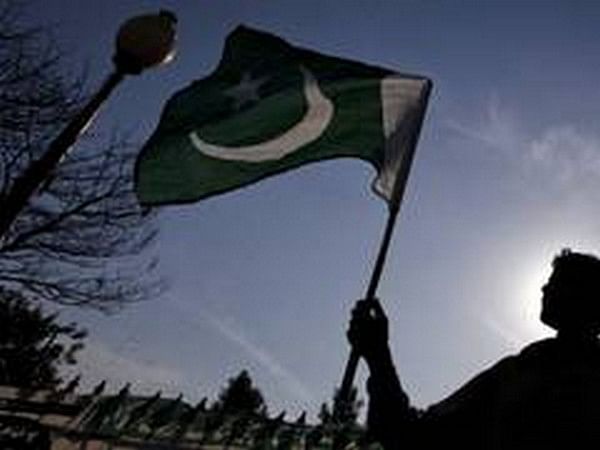Islamabad [Pakistan], October 1 (ANI): The third quarter of 2024 saw a sharp increase in fatalities caused by terrorist violence in Pakistan, as reported by The Express Tribune.
There was a 90 per cent surge in violent incidents, reported the Express Tribune citing Centre for Research and Security Studies (CRSS).
A total of 722 people were killed, including civilians, security personnel, and terrorists, while 615 others were wounded across 328 recorded incidents during this period, according to the CRSS. Nearly 97 per cent of these fatalities occurred in Khyber Pakhtunkhwa (K-P) and Balochistan, marking the highest percentage in a decade.
Additionally, over 92 per cent of the incidents of terror attacks and security operations were recorded in these same provinces. The total number of fatalities for the first three quarters of this year has now surpassed the total fatalities recorded for all of 2023, with at least 1,534 fatalities compared to 1,523 last year.
Pakistan’s failure to effectively combat terrorism can be attributed to a combination of historical decisions, inconsistent policies, governance challenges, and the persistent resilience of terror groups. Pakistan’s journey with terrorism illustrates a tragic irony: while it once exported extremism for strategic purposes, it has now become one of the countries most affected by the consequences.
This new data suggests a failure of security measures and governance in Pakistan, as extremist groups exploit local grievances and socio-political instability. The stark rise in violence could also signal a strategic shift among terrorist organisations, potentially motivated by factors such as political instability, economic hardship, and unresolved ethnic tensions.
Pakistan’s counterterrorism policies have been inconsistent, often depending on external pressures. For instance, military operations like Zarb-e-Azb (2014) and Radd-ul-Fasad (2017) were launched in response to specific attacks but were not part of a comprehensive long-term strategy.Moreover, high levels of poverty, unemployment, and lack of education have fueled radicalisation.
The government has struggled to implement effective social programs that address these underlying issues. According to the Human Development Index, Pakistan ranks low in education and income levels, which correlate with susceptibility to extremism. (ANI)
This report is auto-generated from ANI news service. ThePrint holds no responsibility for its content.






